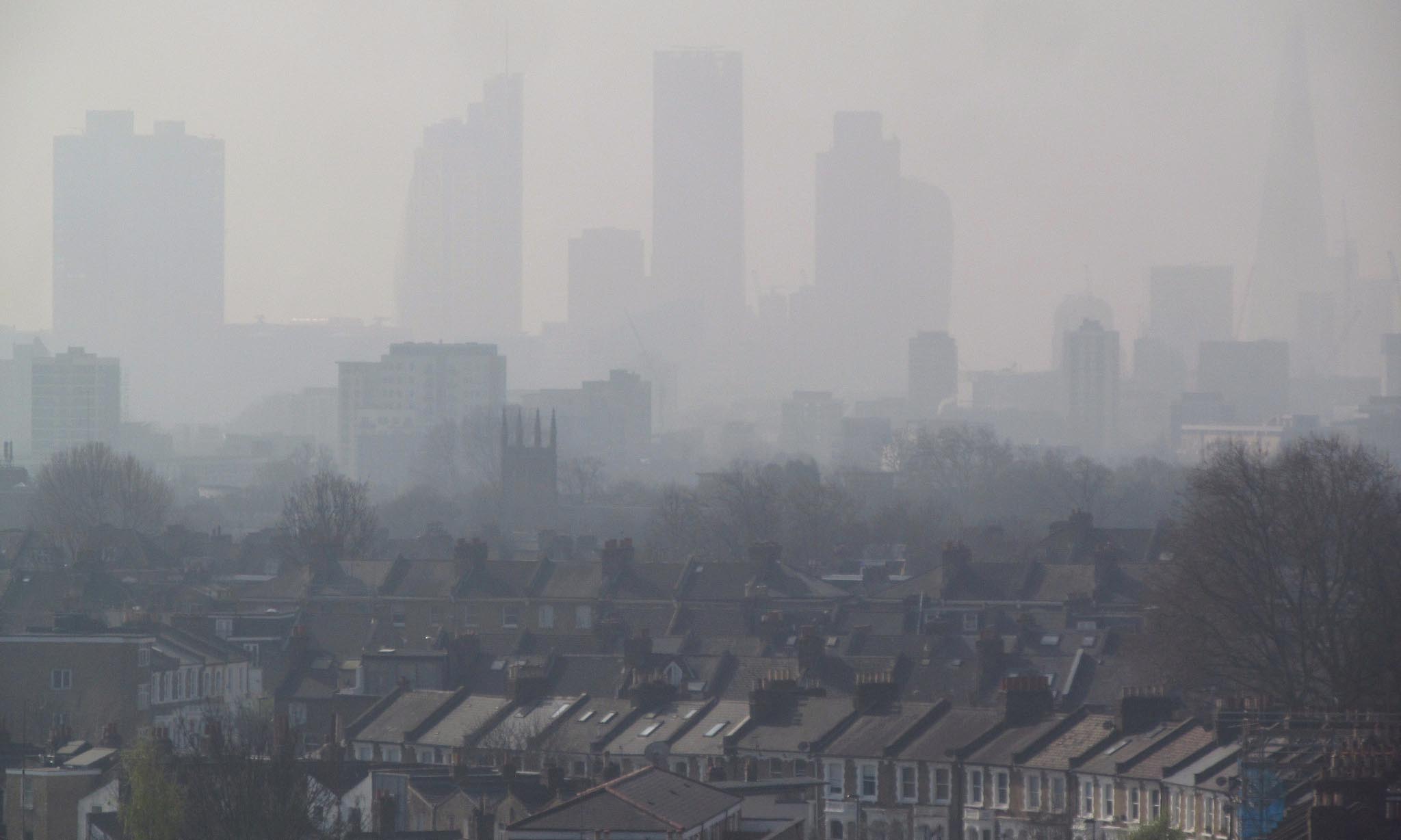AWESOME
Full title: Air Pollution and WEather-related Health Impacts: Methodological Study based On spatio-temporally disaggregated Multi-pollutant models for present day and futurE (AWESOME)

3 February 2017
The project’s aim is to examine the interaction of pollutant mixtures and weather on health and health inequalities, now and in the context of future air quality and climate policies, through epidemiological studies based on the development, testing and application of temporally and spatially disaggregated multi-pollutant data. The specific objectives are:
- To produce UK distributions of surface air pollutants (ozone, nitrogen dioxide, carbon monoxide, sulphur dioxide, particulate matter), under current and future emission and climate scenarios at a high temporal and spatial resolution, with the well-tested Weather Research and Forecast (WRF) and EMEP4UK chemistry transport models,
- To extend data on the performance of the WRF and EMEP4UK models for epidemiological studies by comparison of model results with monitored data and combine outdoor pollution and temperature exposures data with validated indoor environment models to allow integrated spatial modelling of environmental exposure and the indoor environment,
- To link selected national geo-referenced health data sets with these spatially resolved daily data to examine epidemiological questions relating to the health effects of short-term exposure to pollutant mixes, the role of housing in moderating exposure to outdoor pollutants/temperature, geographical variations in pollutant-weather impacts, socio-economic variations in exposure-response relationships and examine the impact of selected air quality and climate policies on changes in the distributions of (multi)pollutant concentrations and related health burdens,
- To quantify socio-economic differentials in the mortality/morbidity burdens of exposure to air pollution and weather extremes, and the effect of control policies on such differentials over time, and develop a decision-analysis framework for evaluating the health costs and benefits, and effects on socio-economic inequalities, of selected air quality and climate policies.
- People
PI: Michael Davies
Co-Is: Dejan Mumovic and Ian Ridley
Rs: Anna Mavrogianni, Jonathon Taylor, Ian Hamilton and Eleni Oikonomou
- Output
AWESOME is producing UK-wide multiple air pollutant distributions with a spatial resolution of 5 x 5 km between 2000 and 2010, and for future air quality and climate policies, using well-established meteorological and chemical transport models. The UCL team is focused particularly on the modifying effect of the built environment on population exposure to excess heat and air pollution. To that end, models of the indoor environment in a range of UK dwelling types are being used to determine the indicators of modifiers of air pollution and temperature exposure indoors. This work has already yielded a number of important scientific outcomes, including:
- The establishment of a nationally representative housing stock database that can be used for energy, overheating, and indoor air quality studies and UK climate regions, wherein the relative risk of overheating in dwelling archetypes is significantly different as a function of building location.
- The quantification of the significance of occupant behaviour on the relative risk of overheating between dwelling types and simulation of infiltration of pollution from outdoor sources in London dwellings, revealing lower levels of outdoor pollution in flats than in other dwelling types.
- Impact
The AWESOME project team regularly engage with stakeholders from local and national policy-making bodies, including the Committee on Climate Change and Public Health England to share research findings. The AWESOME project team has advised DCLG on building regulations and DECC about Green Deal energy efficient refurbishments prior to the launch of the Green Deal in 2012. The GLA’s Climate Change Adaptation Strategy states explicitly the intention to continue to work with the AWESOME research team to map overheating risk. This influence on policy will be translated to beneficial impacts on the provision of public services and building construction practices. The principal social benefits expected as a result of these changes include enhanced preparedness for heat wave or pollution events, the delivery of more appropriate social housing better tailored to meet the needs of certain geographical areas and population segments and a better understanding of the true extent of population pollution, excess temperature exposure and its potential health impacts.
For further information please contact: Michael Davies and Anna Mavrogianni
 Close
Close

